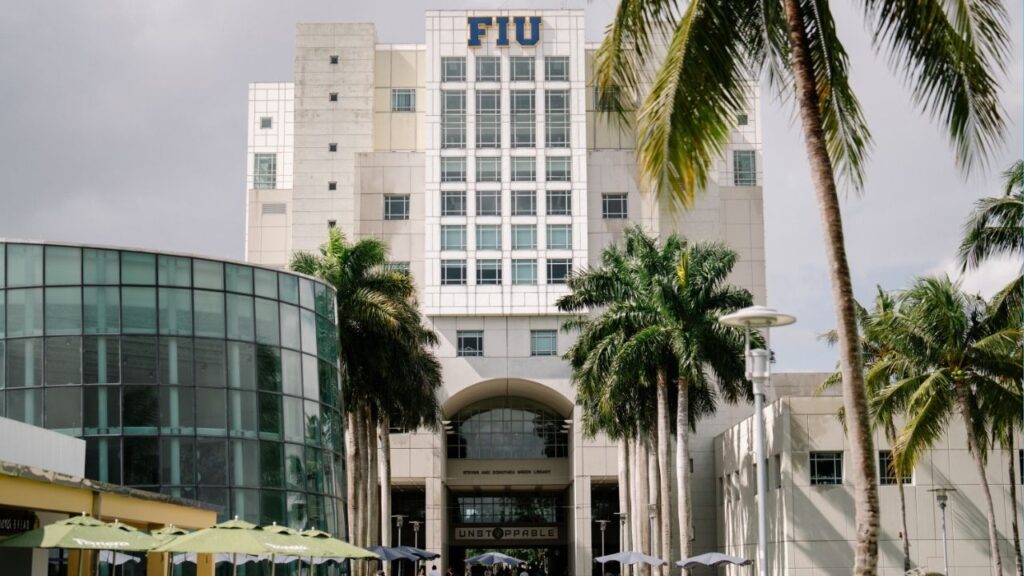Share
UNITED NATIONS — Hundreds of thousands of people fleeing a Russian-backed Syrian offensive are being squeezed into ever smaller areas near Turkey’s border “under horrendous conditions” in freezing temperatures that are killing babies and young children, the U.N. humanitarian chief said Wednesday.
He said nearly 900,000 people have been displaced since Dec. 1 when the government offensive began, more than 500,000 of them children.
“Many are on foot or on the backs of trucks in below-freezing temperatures, in the rain and snow,” Lowcock said. “They are moving into increasingly crowded areas they think will be safer. But in Idlib, nowhere is safe.”
Lowock, the undersecretary-general for humanitarian affairs, said almost 50,000 people have taken shelter under trees and in open spaces. “I am getting daily reports of babies and other young children dying in the cold,” he added.
U.N. special envoy Geir Pedersen echoed Secretary-General Antonio Guterres’ expression of alarm on Tuesday at the rapid deterioration of the humanitarian situation “and the tragic suffering of civilians.”
“Hostilities are now approaching densely populated areas such as Idlib city and Bab al-Hawa border crossing, which has among the highest concentration of displaced civilians in northwest Syria and also serves as a humanitarian lifeline,” he said.
Pedersen warned: “The potential for further mass displacement and even more catastrophic human suffering is apparent, as an increasing number of people are hemmed into an ever-shrinking space.”

‘It’s Time Also for the Secretary-General Also to Step up to the Plate’
He said Russia and Turkey, as sponsors of a cease-fire in Idlib, “can and must play a key role in finding a way to deescalate the situation now,” though meetings between delegations of the two countries in Ankara, Munich and Moscow in recent days and contacts between the two presidents have not produced results.
“To the contrary, public statements from different quarters, Syrian and international, suggest an imminent danger of further escalation,” Pedersen said in a video briefing from Geneva.
The United States, United Kingdom, Germany and others stressed that three-way talks with Syria supporters Russia and Iran and opposition backer Turkey, which led to a de-escalation zone in Idlib, aren’t working.
German Ambassador Christoph Heusgen said that since the so-called Astana formula isn’t working, it’s now time for the U.N. to step in and “it’s time also for the secretary-general also to step up to the plate.”
“We have an immense responsibility that we face here as the United Nations, as the Security Council to stop what is happening,” he said. “We must spare no effort.”
U.S. Ambassador Kelly Craft told the council that “the clearest path we see to an immediate end to violence in northwest Syria is for the U.N. to take full charge of a new cease-fire initiative.”
“This should be the secretary-general and U.N. special envoy Pedersen’s most urgent priority,” she said.
The Proposed Statement Called for a Cessation of Hostilities in Northwestern Syria
Heusgen also urged Russia to stop supporting Syria.
“If you tell the Syrians that there is no longer military support to the Syrian regime, they will have to stop the onslaught on their own population,” he said.
He defended the Astana process as playing “the key role,” saying that “there’s no other mechanism for a political dialogue.”
Nebenzia supported Pedersen’s efforts to get agreement from Syria’s government and opposition on an agenda so a constitutional committee can start discussing a new charter for the country, which is seen by many as a first step toward elections and formation of a new government.
“What needs to stop is protection of fighters, insurgents,” he said.
Britain’s ambassador, Karen Pierce, said Russia and Syria need to stop “indiscriminate and inhumane attacks” in the northwest that are killing and injuring innocent civilians.
During closed consultations after the open meeting, French Ambassador Nicolas De Riviere said he proposed that the Security Council issue a statement on the escalating situation but Russia blocked it.
According to council diplomats, the proposed statement called for a cessation of hostilities in northwestern Syria, but Russia insisted on an additional line that would have allowed the fight against “terrorists” to continue. That was unacceptable to the vast majority of council members, the diplomats said, speaking on condition of anonymity because the consultations were private.
[activecampaign form=29]
RELATED TOPICS:
Categories



















